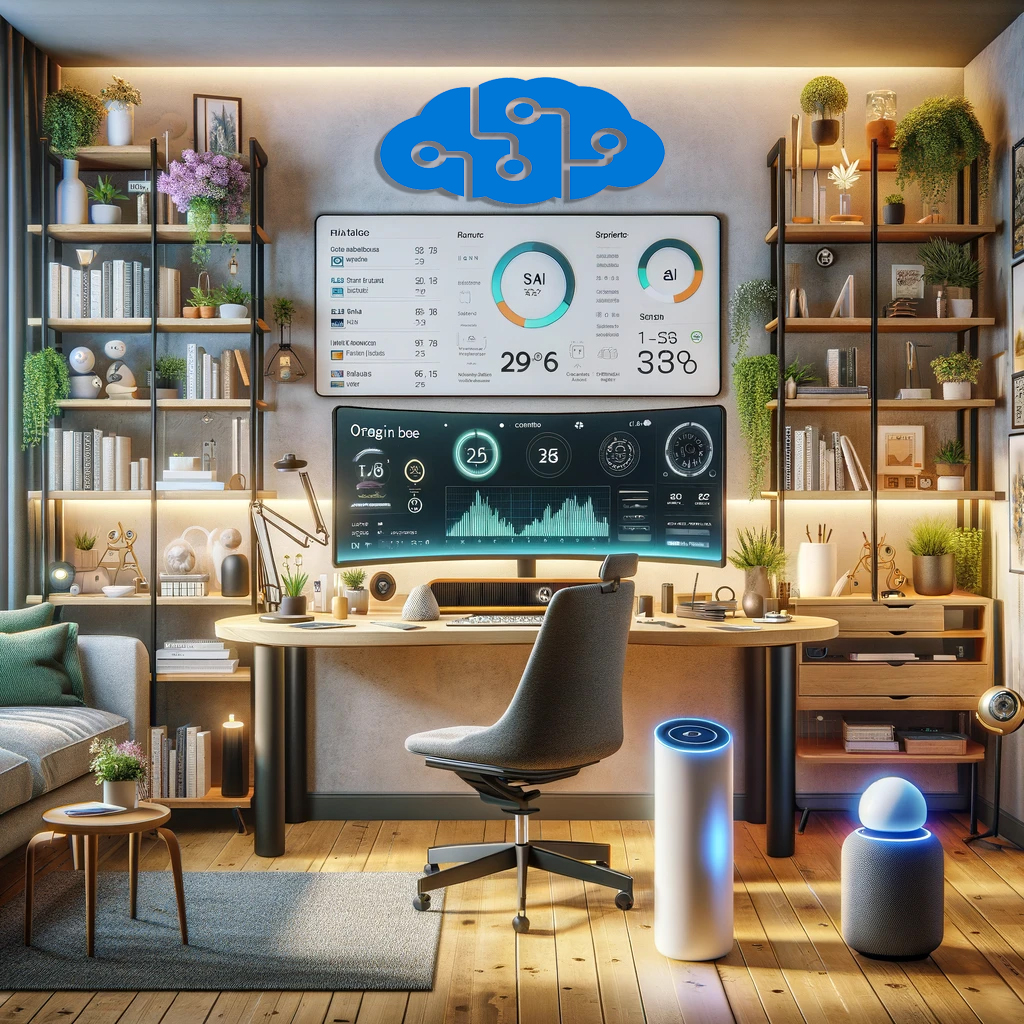
Azure AI (Cognitive Services) A Brief overview of the practical applications
In today's digital era, artificial intelligence (AI) has transcended the realm of theoretical exploration to become a cornerstone of practical, real-world solutions. Microsoft's Azure Cognitive Services stands at the forefront of this transformation, offering a suite of AI services and APIs that enable applications to see, hear, speak, understand, and even begin to reason. The beauty of these services lies in their accessibility, allowing developers and businesses to integrate sophisticated AI capabilities without the need for deep expertise in data science.
Overview of Azure Cognitive Services
Azure Cognitive Services is a collection of AI services and cognitive APIs that empower applications with intelligent features. These services are categorized into four main areas:
- Decision: Tools that help to make informed decisions by analyzing information and providing valuable insights.
- Language: Services that process natural language, enabling apps to understand, interpret, and generate human-like text.
- Speech: Capabilities that allow applications to convert spoken language into text and vice versa, facilitating seamless voice interactions.
- Vision: Technologies that enable apps to recognize, analyze, and interpret visual information from the world around them.
These categories encompass a wide range of services designed to solve complex problems and enhance application functionality, making AI more accessible and applicable across various sectors.
Practical Applications
The real-world applications of Azure Cognitive Services are vast and varied, touching every industry from retail to healthcare, and beyond. Here are some practical examples of how these services can be utilized:
Enhanced Customer Support with AI Bots
Azure Bot Services, combined with Language Understanding (LUIS), can revolutionize customer support by creating intelligent, conversational chatbots. These AI-powered bots can understand and interpret customer queries, offering instant, 24/7 support. By automating routine inquiries, businesses can focus on more complex customer service tasks, enhancing overall efficiency and satisfaction.
- Bot Framework is the open source SDK and tools for developers to design, build and test chatbots. If you want full control of your chatbot, including building your own language models, you will want to start here.
- Azure Bot Service is the cloud service through which developers can host a chatbot in Azure, and quickly connect to popular channels such as Teams, Skype, Slack, email, and webchat, as well as community adapters for other channels like Alexa and Google Assistant ecosystems.
- Azure Cognitive Services are a comprehensive family of AI services that enable you to build intelligent applications. Common examples of Cognitive Services for chatbots include Language Understanding to understand the meaning of utterances from users and QnA Maker to convert FAQ documents into conversational question and answer experiences.
This would cover everything from a Q&A Bot to a Transactional Support Bot
Content Personalization and Recommendations
In the digital marketplace, personalization is key to engaging and retaining customers. Azure's Personalizer service leverages reinforcement learning to tailor digital experiences in real-time. Whether it's recommending products on a retail site or suggesting content on a streaming platform, Personalizer adjusts to individual user behaviors and preferences, significantly boosting engagement and conversion rates.
This was originally known as Personalizer - this is being retired as of October 2026 per Microsoft website
- E-commerce: What product should be shown to customers to maximize the likelihood of a purchase?
- Content recommendation: What article should be shown to increase the click-through rate?
- Content design: Where should an advertisement be placed to optimize user engagement on a website?
- Communication: When and how should a notification be sent to maximize the chance of a response?
Speech-Enabled Applications
Speech services like Speech to Text and Text to Speech open up new avenues for user interaction. Applications can be developed to transcribe audio content, offer real-time translation, or enable voice commands, making technology more accessible and convenient. These capabilities are particularly beneficial in sectors like education, where they can support learning and accessibility, or in consumer applications, where they enhance user experience.
Download the GitHub sample (cognitive service speech SDK)
Visual Recognition Solutions
Computer Vision and Custom Vision services provide powerful tools for recognizing and processing visual data. From security surveillance systems that can identify potential threats to retail inventory management solutions that track stock through image recognition, these services automate and improve processes that traditionally required manual intervention. In healthcare, for example, Computer Vision can assist in analyzing medical images, supporting diagnostics, and patient care.
Some initial offerings:
- Cognitive Face API
- Computer Vision API
- Custom Vision Service
- Video Analyzer for Media Service
Real-World Success Stories
The practical applications of Azure Cognitive Services are not just theoretical; numerous businesses and sectors have leveraged these AI capabilities to innovate and improve their operations. For instance, a major retailer implemented Azure's Computer Vision to streamline their inventory management, significantly reducing errors and improving stock visibility. In another case, a healthcare provider used Azure's Speech to Text service to transcribe patient consultations, enhancing record accuracy and saving valuable time for medical staff.
Here are just a few of the customer stories Microsoft has shared:
Getting Started with Azure Cognitive Services
Embarking on the journey to integrate Azure Cognitive Services into your applications begins with a few simple steps. Microsoft offers comprehensive documentation, SDKs for various programming languages, and quickstart guides to help developers get up and running. Experimenting with the services in a sandbox environment allows for testing and iteration without the need for extensive upfront investment.
Conclusion
Azure Cognitive Services democratizes access to AI, enabling businesses of all sizes to harness the power of intelligent algorithms and machine learning. By integrating these services, companies can enhance efficiency, foster innovation, and create more engaging, personalized experiences for their users. As AI continues to evolve, Azure Cognitive Services will undoubtedly play a pivotal role in shaping the future of technology and its application in the real world.

Post Address
3213 Dalhart Dr, Fort Worth TX 76179
General
Phone: (800) 839-1129
Email: sales@AnterisIndustries.com
Operation Hours Central Standard Time
Mon-Sat: 09.00 to 05.00 (Sunday: Closed)


